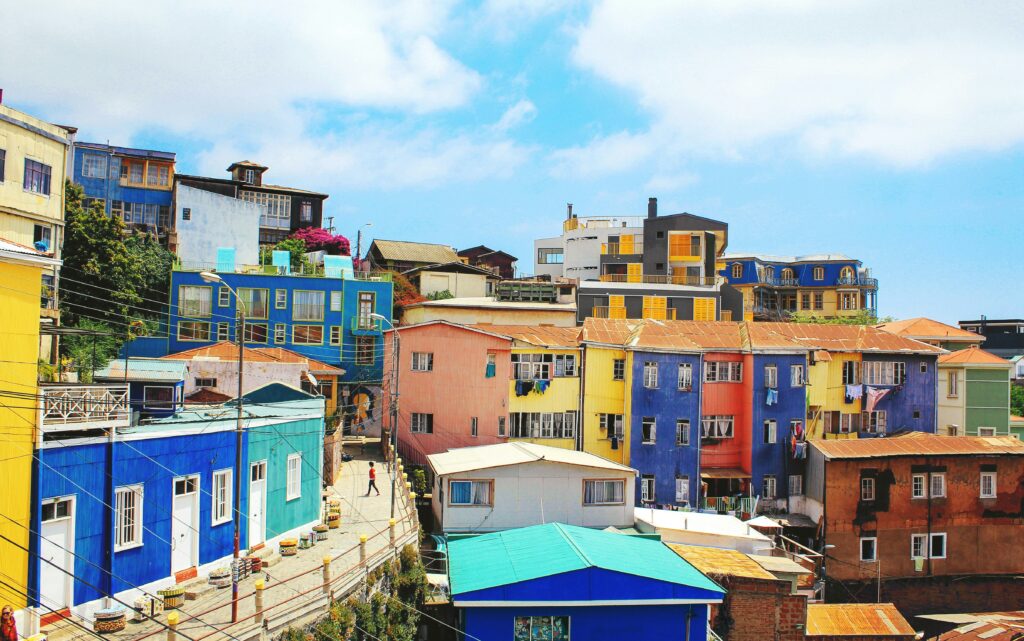
When I first arrived in Chile, the excitement was palpable. The stunning landscapes, the rich culture, and the vibrant cities beckoned. But one question lingered in my mind: Is the tap water safe to drink here? After all, nothing ruins a trip faster than a stomach bug. If you’re planning a visit, you’re likely wondering the same thing. Let’s dig into the facts, so you can sip confidently while exploring this beautiful country.
Understanding Water Quality in Chile
Chile’s water quality varies from region to region. In major cities like Santiago and Valparaíso, the tap water generally meets safety standards. The government monitors it closely. But here’s the problem: while the water may be safe for many locals, travelers often have different stomachs. You might feel uncertain about drinking it.
City vs. Rural Areas
In urban areas, treatment is more regulated. Santiago’s water supply is chlorinated and filtered. It’s usually good to go. However, in rural areas, the situation can change. The water might not be treated as effectively or could be sourced from less reliable places. If you’re heading into the countryside, stick to bottled water.
What About the Taste?
This might work for you if you’re a water connoisseur. Chilean tap water can have a different taste depending on where you are. In some places, you might notice a slight chlorine flavor. Others might have a mineral taste. If you’re picky about water, it might not be the best option for you.
Follow Your Instincts
Ultimately, trust your gut. If the water looks cloudy or has an odd smell, don’t drink it. It’s always as simple as that. You can also ask locals what they do. They can guide you on what’s safe. It’s a great conversation starter and will help you blend in.
Bottled Water: A Safe Bet
If you’re feeling cautious, bottled water is widely available. Supermarkets and convenience stores stock various brands. Look for popular ones like “San Pellegrino” or “Cruz de Sur.” They’re pretty reliable. It’s a bit more expensive, but it takes the guesswork out of staying hydrated.
Staying Hydrated While Traveling
Staying hydrated is essential, especially if you’re hiking in the Andes or enjoying a long day of exploring. Always carry a refillable water bottle with you. If you need to refill it, buy a large bottle and pour it into your smaller one. This way, you waste less plastic and save money.
Tap Water for Cooking and Ice
Here’s the thing: tap water can be fine for cooking, as long as it’s heated. If you’re in a reputed restaurant, the chefs should be using safe water. Just to be cautious, you might want to ask if they use filtered water for cooking. Ice can be tricky. Most ice served in restaurants is made from tap water, so stick to bottled drinks if you’re unsure.
What Locals Say
If you’re curious, chat with locals about their preferences. Many Chileans drink from the tap without a second thought, yet some might avoid it, especially when traveling. Asking questions opens up conversations about culture and local practices.
Health Precautions
Now, let’s address the reality of food and drink in a new country. Travelers’ diarrhea is no joke. Avoid street food that looks questionable or where hygiene seems dodgy. Stick to busy places as they usually have a faster turnover of food.
Consult Travel Resources
Before you leave, check travel advisories or forums like Lonely Planet or TripAdvisor. See what fellow travelers say about water safety in Chile. They share their experiences and might give you tips on safe places to eat or drink.
Final Thoughts
So, is tap water safe to drink in Chile? In cities like Santiago, yes, it generally is. In rural areas, proceed with caution. If in doubt, grab bottled water. Drink up, stay hydrated, and enjoy every moment of your Chilean adventure.
Remember, travel is about exploring—and sometimes stepping out of your comfort zone. Just stay smart and listen to your body. Safe travels!
Related: For tips on street food safety in South America, you might find this [related article](https://www.examplelink.com) helpful.
**Related Reading:** – [Related: How to Plan a Solo Trip on a Budget] – [Related: Top Destinations for First-Time Solo Travelers] **#SoloTravel #Tap #Water #Safe #Drink #Chile #Essential #Insights #Travelers**